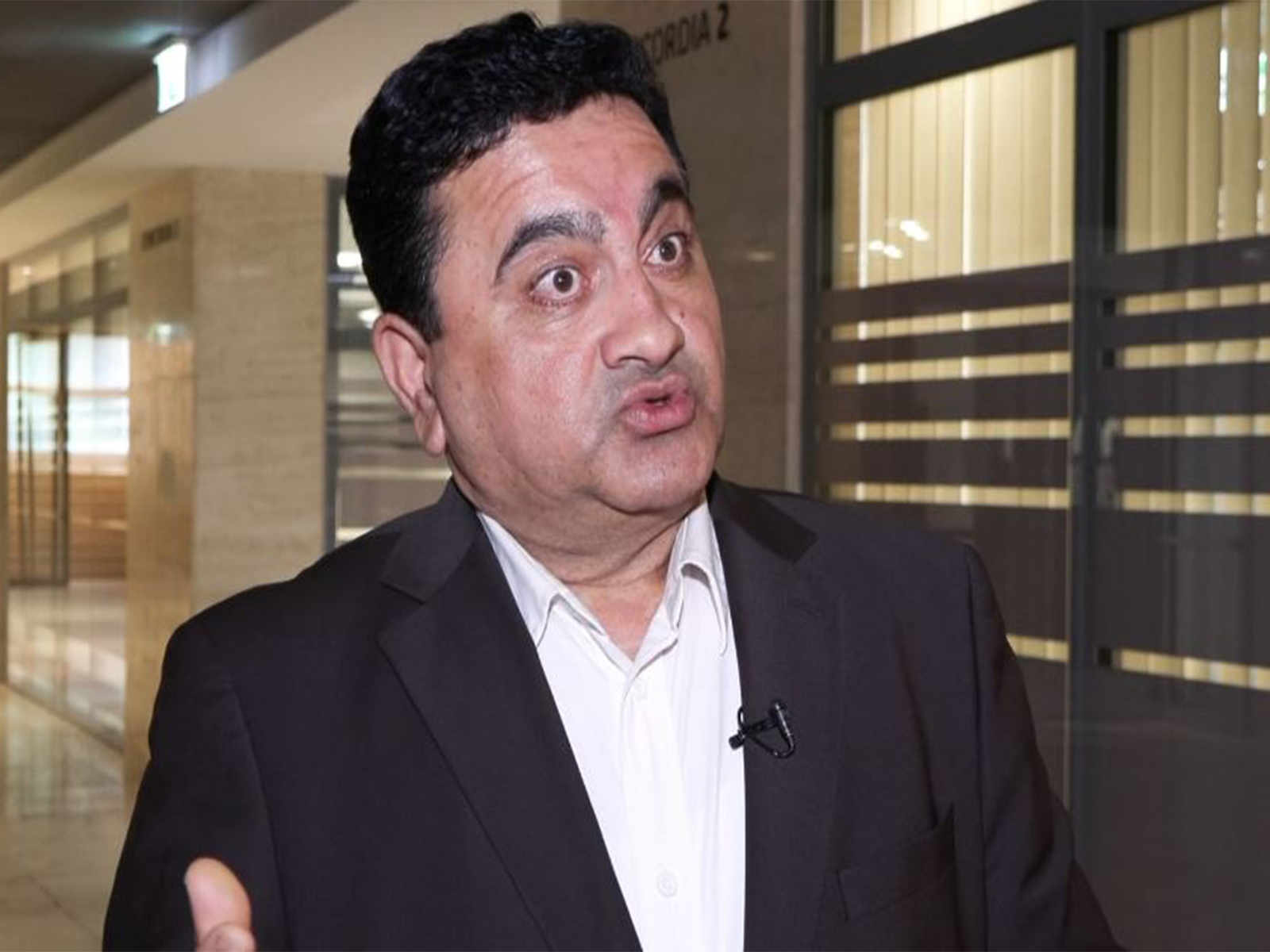Voices from Gilgit Baltistan: Calls for Autonomy Grow Louder
Political activist Sherbaz Khan accuses Pakistan of exploiting Gilgit Baltistan, denying constitutional rights and mismanaging resources, in a UN interview. He criticizes the taxation policies enforced without representation and the controversial Land Reforms Bill 2025, urging global intervention to address these violations.

- Country:
- Switzerland
In a revealing interview on the fringes of the 60th United Nations Human Rights Council session, Sherbaz Khan, a political activist from Pakistan-occupied Gilgit Baltistan (PoGB), harshly criticized Pakistan for exploiting the region. He condemned Pakistan's actions for denying the local population constitutional rights and mismanaging their land and resources.
Drawing attention to the region's disputed status, Khan asserted that Pakistan's ongoing interference breaches both international laws and fundamental human rights. He pointedly mentioned, "When you are not constitutionally part of a country, you cannot be taxed or ruled as one."
Khan also criticized Pakistan's imposition of heavy taxes, in spite of the Supreme Court's 1999 ruling prohibiting such measures without parliamentary representation in PoGB. He reiterated, "Without representation, there can be no taxation," emphasizing illegal tax collections at the Sost border by Pakistan's National Logistics Cell (NLC).
He condemned the 2025 Land Reforms Bill as a "draconian law," arguing it allows Islamabad to sell local land to outsiders. "They call it development, but it's dispossession," he argued, sharing concerns about lands being leased without local consent.
Khan further stated that the legislative assembly in PoGB holds no real power, being dictated by federal authorities. He highlighted that residents are forced to rebuild infrastructure themselves after disasters, as the government fails to act effectively. Khan appealed for global attention, urging the United Nations and human rights organizations to intervene.
(With inputs from agencies.)










